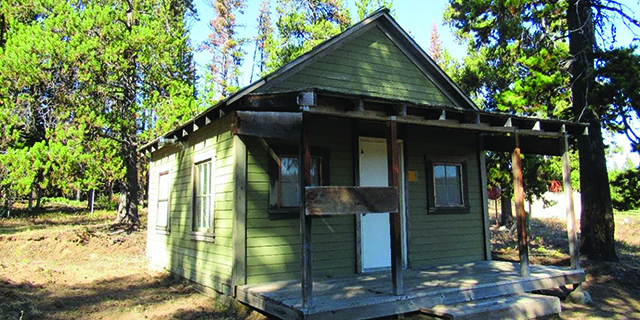Wallowa County sidesteps state’s graduation problem
Published 1:48 pm Tuesday, February 24, 2015
Recently Oregon’s public education leaders predictably tried to spin whatever meager portion of cotton candy they could from the latest set of not-so-sweet statistics confirming the state’s continued poor showing in graduating its students. In case you missed the news, Oregon ranks among the nation’s least successful states in graduating high schoolers in the allotted four years. The rate held miserably steady at 72 percent with the 2014 graduating class, little changed from 2013.
This is one of those times when rural dwellers can feel added incentive to count their blessings, because a problem perceived as affecting all of Oregon isn’t always present at the small community level. All three Wallowa County high schools are churning out grads on time at a better-than-90-percent clip, and there’s nothing mysterious about their methods for achieving this feat.
Trending
According to superintendents at our local schools, it basically comes down to teachers’ and other staff members’ better knowledge of the young people they serve.
Better, as compared to the more impersonal relationships that tend to take hold in the larger, more institutional-feeling environments of the bigger cities. If you’re a Wallowa County high schooler who is contemplating dropping out, chances are pretty good that you won’t put that plan into action before school staff members find out. When they do, they’ll try to help you solve the problems currently impeding your educational path.
Sometimes reinforcement of the value of hanging in there comes from students’ peers as well. At the Alternative School run by Building Healthy Families, the teacher can usually find out rather quickly what’s up with any student who doesn’t show up. The other students, if they happen to know, don’t hesitate to tell her where the absent pupil is, and they may even take it upon themselves to phone the absentee.
Small towns may lack a number of the amenities that are so conveniently close to hand in Portland, Medford and Eugene, but having fewer people sometimes clears the way to pursuing simpler solutions to problems affecting individuals, especially our students.









